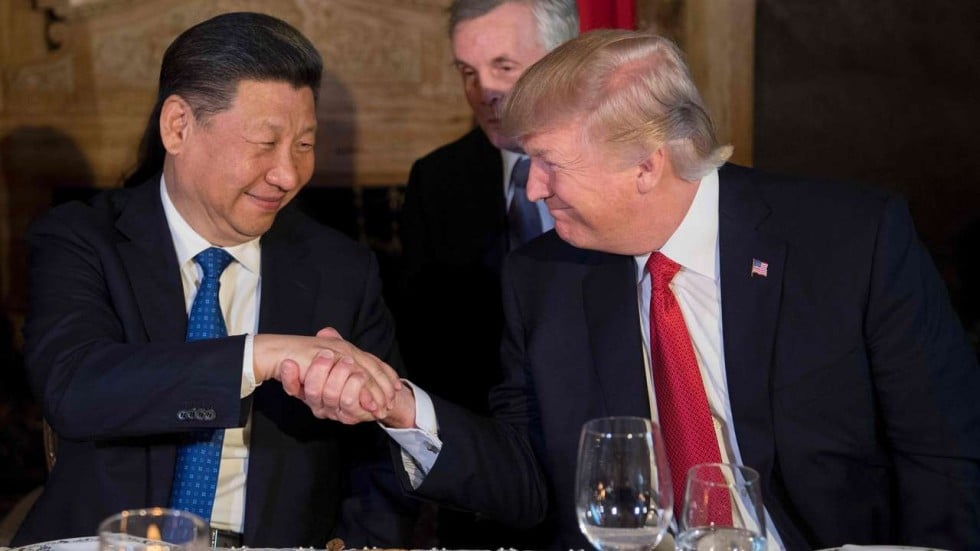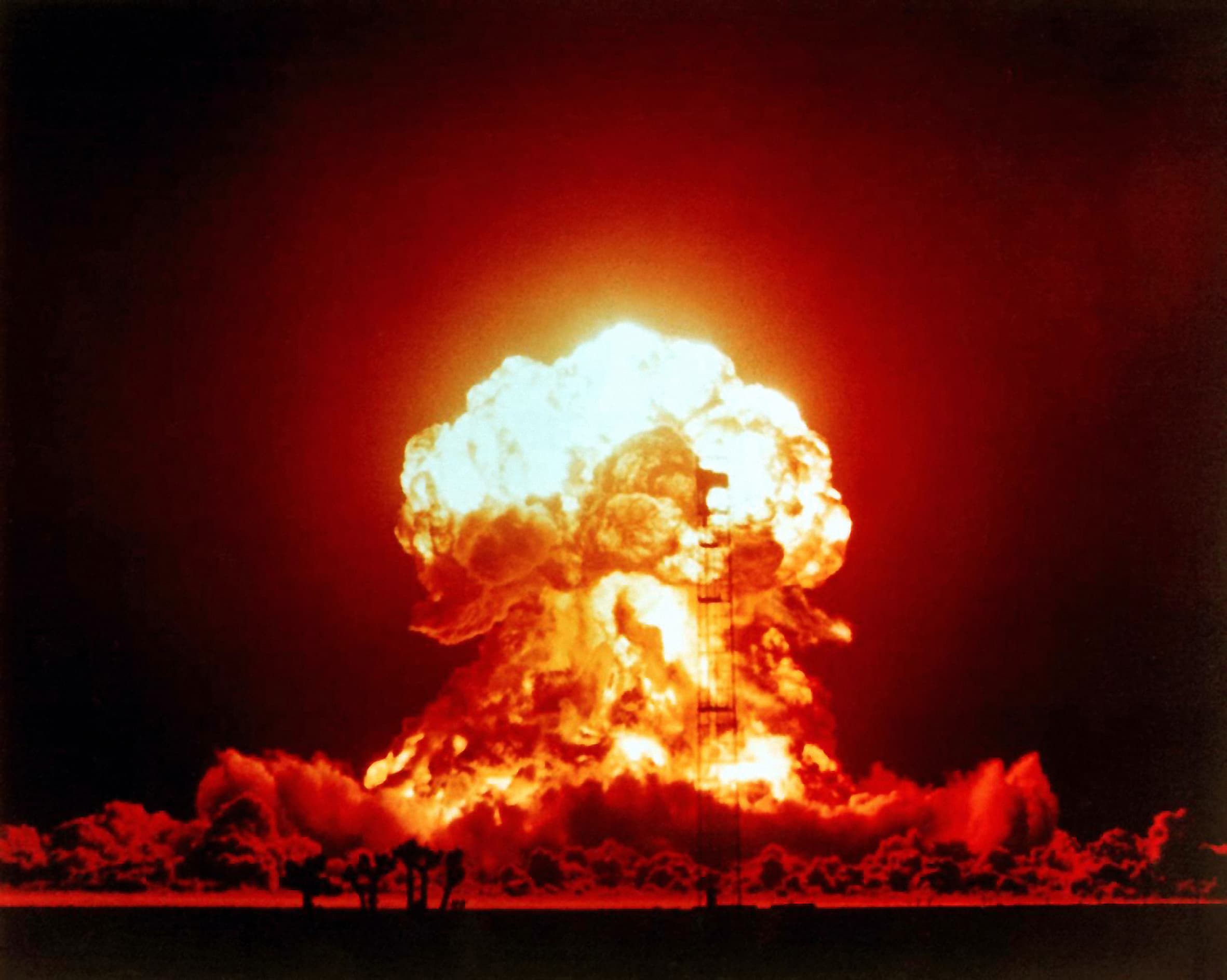By BRAHMA CHELLANEY
On a recent official visit to China, Malaysian Prime Minister Mahathir Mohamad criticized his host country’s use of major infrastructure projects – and difficult-to-repay loans – to assert its influence over smaller countries.
While Mahathir’s warnings in Beijing against “a new version of colonialism” stood out for their boldness, they reflect a broader pushback against China’s mercantilist trade, investment and lending practices.
Since 2013, under the umbrella of its Belt and Road Initiative, China has been funding and implementing large infrastructure projects in countries around the world, in order to help align their interests with its own, gain a political foothold in strategic locations, and export its industrial surpluses.
Since 2013, under the umbrella of its Belt and Road Initiative, China has been funding and implementing large infrastructure projects in countries around the world, in order to help align their interests with its own, gain a political foothold in strategic locations, and export its industrial surpluses.
By keeping bidding on BRI projects closed and opaque, China often massively inflates their value, leaving countries struggling to repay their debts.
Once countries become ensnared in China’s debt traps, they can end up being forced into even worse deals to compensate their creditor for lack of repayment.
Once countries become ensnared in China’s debt traps, they can end up being forced into even worse deals to compensate their creditor for lack of repayment.
Most notably, last December, Sri Lanka was compelled to transfer the Chinese-built strategic port of Hambantota to China on a 99-year, colonial-style lease, because it could longer afford its debt payments.
Sri Lanka’s experience was a wake-up call for other countries with outsize debts to China.
Sri Lanka’s experience was a wake-up call for other countries with outsize debts to China.
Fearing that they, too, could lose strategic assets, they are now attempting to scrap, scale back, or renegotiate their deals.
Mahathir, who previously cleared the way for Chinese investment in Malaysia, ended his trip to Beijing by canceling Chinese projects worth almost US$23 billion.
Countries as diverse as Bangladesh, Hungary and Tanzania have also canceled or scaled back BRI projects.
Countries as diverse as Bangladesh, Hungary and Tanzania have also canceled or scaled back BRI projects.
Myanmar, hoping to secure needed infrastructure without becoming caught up in a Chinese debt trap, has used the threat of cancellation to negotiate a reduction in the cost of its planned Kyaukpyu port from $7.3 billion to $1.3 billion.
Even China’s closest partners are now wary of the BRI.
Even China’s closest partners are now wary of the BRI.
In Pakistan, which has long worked with China to contain India and is the largest recipient of BRI financing, the new military-backed government has sought to review or renegotiate projects in response to a worsening debt crisis.
In Cambodia, another leading recipient of Chinese loans, fears of in effect becoming a Chinese colony are on the rise.
The backlash against China can be seen elsewhere, too.
The backlash against China can be seen elsewhere, too.
The recent annual Pacific Islands Forum meeting was one of the most contentious in its history. Chinese policies in the region, together with the Chinese delegation leader’s behavior at the event itself, drove the president of Nauru – the world’s smallest republic, with just 11,000 inhabitants – to condemn China’s “arrogant” presence in the South Pacific.
China cannot, he declared, “dictate things to us.”
When it comes to trade, US President Donald Trump’s escalating trade war with China is grabbing headlines, but President Trump is far from alone in criticizing China.
When it comes to trade, US President Donald Trump’s escalating trade war with China is grabbing headlines, but President Trump is far from alone in criticizing China.
With policies ranging from export subsidies and non-tariff barriers to intellectual-property piracy and tilting the domestic market in favor of Chinese companies, China represents, in the words of Harvard University’s Graham Allison, the “most protectionist, mercantilist, and predatory major economy in the world.”
As the largest merchandise exporter in the world, China is many countries’ biggest trading partner. Beijing has leveraged this role by employing trade to punish those that refuse to toe its line, including by imposing import bans on specific products, halting strategic exports (such as rare-earth minerals), cutting off tourism from China, and encouraging domestic consumer boycotts or protests against foreign businesses.
The fact is that China has grown strong and rich by flouting international trade rules.
As the largest merchandise exporter in the world, China is many countries’ biggest trading partner. Beijing has leveraged this role by employing trade to punish those that refuse to toe its line, including by imposing import bans on specific products, halting strategic exports (such as rare-earth minerals), cutting off tourism from China, and encouraging domestic consumer boycotts or protests against foreign businesses.
The fact is that China has grown strong and rich by flouting international trade rules.
But now its chickens are coming home to roost, with a growing number of countries imposing anti-dumping or punitive duties on Chinese goods.
And as countries worry about China bending them to its will by luring them into debt traps, it is no longer smooth sailing for the BRI.
Beyond Trump’s tariffs, the European Union has filed a complaint with the World Trade Organization about China’s practices of forcing technology transfer as a condition of market access.
Beyond Trump’s tariffs, the European Union has filed a complaint with the World Trade Organization about China’s practices of forcing technology transfer as a condition of market access.
China’s export subsidies and other trade-distorting practices are set to encounter greater international resistance.
Under WTO rules, countries may impose tariffs on subsidized goods from overseas that harm domestic industries.
Now, Chinese dictator Xi Jinping finds himself not only defending the BRI, his signature foreign-policy initiative, but also confronting domestic criticism, however muted, for flaunting China’s global ambitions and thereby inviting a US-led international backlash.
Now, Chinese dictator Xi Jinping finds himself not only defending the BRI, his signature foreign-policy initiative, but also confronting domestic criticism, however muted, for flaunting China’s global ambitions and thereby inviting a US-led international backlash.
Xi has discarded one of former Chinese strongman Deng Xiaoping’s most famous dicta: “Hide your strength, bide your time.”
Instead, Xi has chosen to pursue an unabashedly aggressive strategy that has many asking whether China is emerging as a new kind of imperialist power.
International trade has afforded China enormous benefits, enabling the country to become the world’s second-largest economy, while lifting hundreds of millions of people out of poverty.
International trade has afforded China enormous benefits, enabling the country to become the world’s second-largest economy, while lifting hundreds of millions of people out of poverty.
The country cannot afford to lose those benefits to an international backlash against its unfair trade and investment practices.
China’s reliance on large trade surpluses and foreign-exchange reserves to fund the expansion of its global footprint makes it all the more vulnerable to the current pushback.
China’s reliance on large trade surpluses and foreign-exchange reserves to fund the expansion of its global footprint makes it all the more vulnerable to the current pushback.
In fact, even if China shifts its strategy and adheres to international rules, its trade surplus and foreign-currency reserves will be affected.
In short, whichever path it chooses, China’s free ride could be coming to an end.










